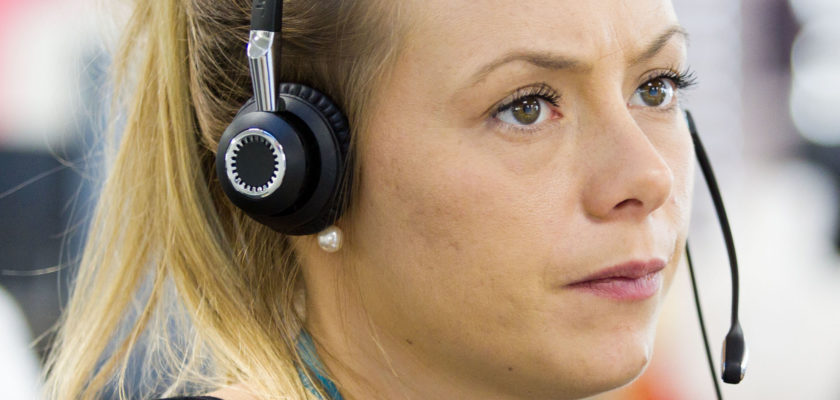Author: Peter Novakovic, Head of IT Governance, Stonewater
Coronavirus-fuelled panic buying has resulted in empty shop shelves all across the country. While the demand for supermarkets has never been greater, it’s not just toilet paper and pasta that people have been scrambling to buy.
Remote working is not a new concept. However, in an attempt to continue “business as usual,” Stonewater is one that many companies have had to embrace following the social distancing measures put in place by the government to mitigate the spread of the coronavirus outbreak. This has resulted in many thousands of people working from home for the very first time and the demand for laptops and headsets has been like nothing I’ve ever seen before.
As a housing provider operating from North Yorkshire all the way down to Devon, many of our colleagues are often on the road visiting sites or working directly within the communities we serve. Enabling agile working has, therefore, always been a core part of how we provide our services and more recently, we have been working towards transforming the business to become even more digital.
In fact, we recently completed an 18-month transformation programme to ensure the organisation was equipped with resilient and reliable architecture. This included the implementation of the latest Windows and Citrix systems and delivery of a Citrix Storefront solution supported by Citrix NetScaler devices to support remote working.
On completion of the project, 80 per cent of our 750 employees at Stonewater had the ability to work from home.
However, until now, we’ve never been able to offer the same flexibility for our customer service centres – based in Bournemouth and Bristol. Here, our teams manage and respond to any general, lettings, repairs and income queries over the phone.
The challenge for us, was being able to ensure that our colleagues could use a headset and laptop at home, in the same way that they use the fully integrated systems in our two contact centre offices, as well as sourcing all the equipment necessary to make it possible.
It might not sound that complicated, but the integration of our phone system with the housing system to working simultaneously with our computer systems enables our teams to work more efficiently when taking calls from our residents and to provide them with the support they require. This had to be configured to work with a headset and a laptop rather than the current setup of a landline and thin client device.
With a large portion of our customers living in our retirement and supported housing schemes, cutting off our phone lines wasn’t an option. In times of crisis, as we currently find ourselves in, keeping the lines of communication open and available so we can support our customers was a priority.
I am proud to say that ahead of the Prime Minister’s lockdown announcement last Monday, in a period of two weeks, we had successfully completed the migration of our contact service centre from an office-based facility to a homeworking offering with no disruption of services to our residents. Our colleagues in the contact service centre could now work safely from their homes.
To achieve this, we had to purchase and ensure delivery of an additional 120 laptops and headsets. These all had to be installed onto our network with all the relevant software configured.
Of course, sourcing and setting up the technology wasn’t all we had to do. We also had to distribute the devices and given the urgency of the ongoing situation, this meant our IT team driving to various locations up and down the country to ensure anyone else who needed equipment was provided for.
Uncertain times call for unusual measures. While this pandemic has changed how many of us are living our daily lives, I have no doubt that some of the changes made will inevitably become permanent in the coming months.
Our priority has been ensuring we continue to provide our services as best we can but with many of our colleagues working from the safety of their home. While it was no easy task, I’m pleased that by working as a team, we made it possible and as an organisation are in an even stronger digital position moving forward.
With our colleagues all now decamped from our offices, except our frontline teams who are continuing to deliver our much-needed services to customers, it has, so far, worked well. While it has been a matter of adjustment for many of our colleagues, as an organisation we are adapting and embracing our new ways of working to ensure we continue to deliver our services to the best of our ability.
While none of us will ever take for granted being able to ask questions across the office again, Cisco WebEx, Teams and Skype have been the key for keeping our colleagues in touch with one another. Many of the teams have even scheduled video calling lunch sessions through these platforms to keep team morale boosted and ensure they are supporting each other beyond work.
I am proud of what we have achieved at Stonewater. With all of our office-based colleagues now fully mobilised at home, with no loss of services to our customers or colleagues, I’m sure that we – like other organisations – have embarked on a new revolution of working.


